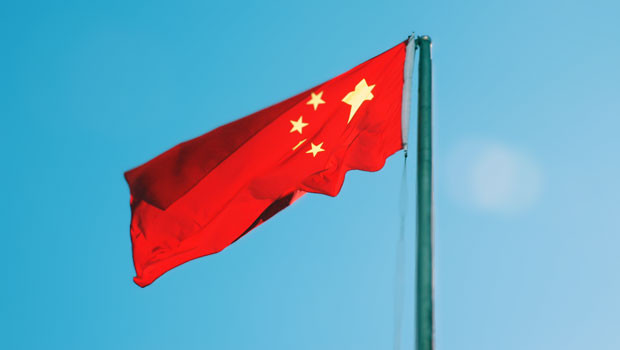China hints at tariff hikes for large car imports

China could raise import tariffs on large combustion engine cars, it was reported on Wednesday, weighing on the share price of European auto makers.
Bayerische Motoren Werke Ag
€76.98
16:30 20/12/24
Cboe DE 30
0.00
15:00 20/12/24
Cboe Europe All Companies
51.16
11:45 01/12/20
Cboe Europe All Companies ex UK
19,900.84
11:45 01/12/20
Cboe Europe Consumer Cyclicals Sector
25,924.19
11:45 01/12/20
Cboe Eurozone 50
490.92
11:45 01/12/20
Cboe Eurozone All Companies
18,458.58
11:45 01/12/20
Mercedes-Benz Group
€53.45
16:45 20/12/24
Volkswagen Ag
0.00p
13:55 20/12/24
Xetra DAX
19,884.75
17:00 20/12/24
In an interview with China’s Global Times, Liu Bin, chief expert at the government-affiliated China Automotive Technology & Research Center, said a tariff rate of 25% would be in line with World Trade Organization rules.
The current import tariff on large cars is 15%.
Liu said: "The suggested tariff rate adjustment for imported gasoline sedans and SUVs with engines larger than 2.5ltrs is not only in line with WTO rules," he said.
It would also help balance domestic and international markets, he continued, and support green and low-carbon policies.
His comments, reported by Reuters and elsewhere, dented the share price of German car makers especially. By noon BST, Audi-owner Volkswagen and Mercedes-Benz Group were down over 1% while BMW was trading 2% lower.
Tensions around car tariffs have been ramping up for several months.
The US intends to hike tariffs on imports of Chinese electric vehicles from 25% to 100%, while last September, the European Union announced an anti-subsidy probe into China’s electric car industry.
Both the US and the EU, which is banning the sale of new combustion engine cars from 2035, are keen to ensure domestic manufacturers are not priced out of the EV market.
Liu told the Global Times: "We also noticed that certain countries and regions have taken restrictive measures in the new energy vehicle sector, which run counter to the green development concept and violate market economy principles and WTO rules."